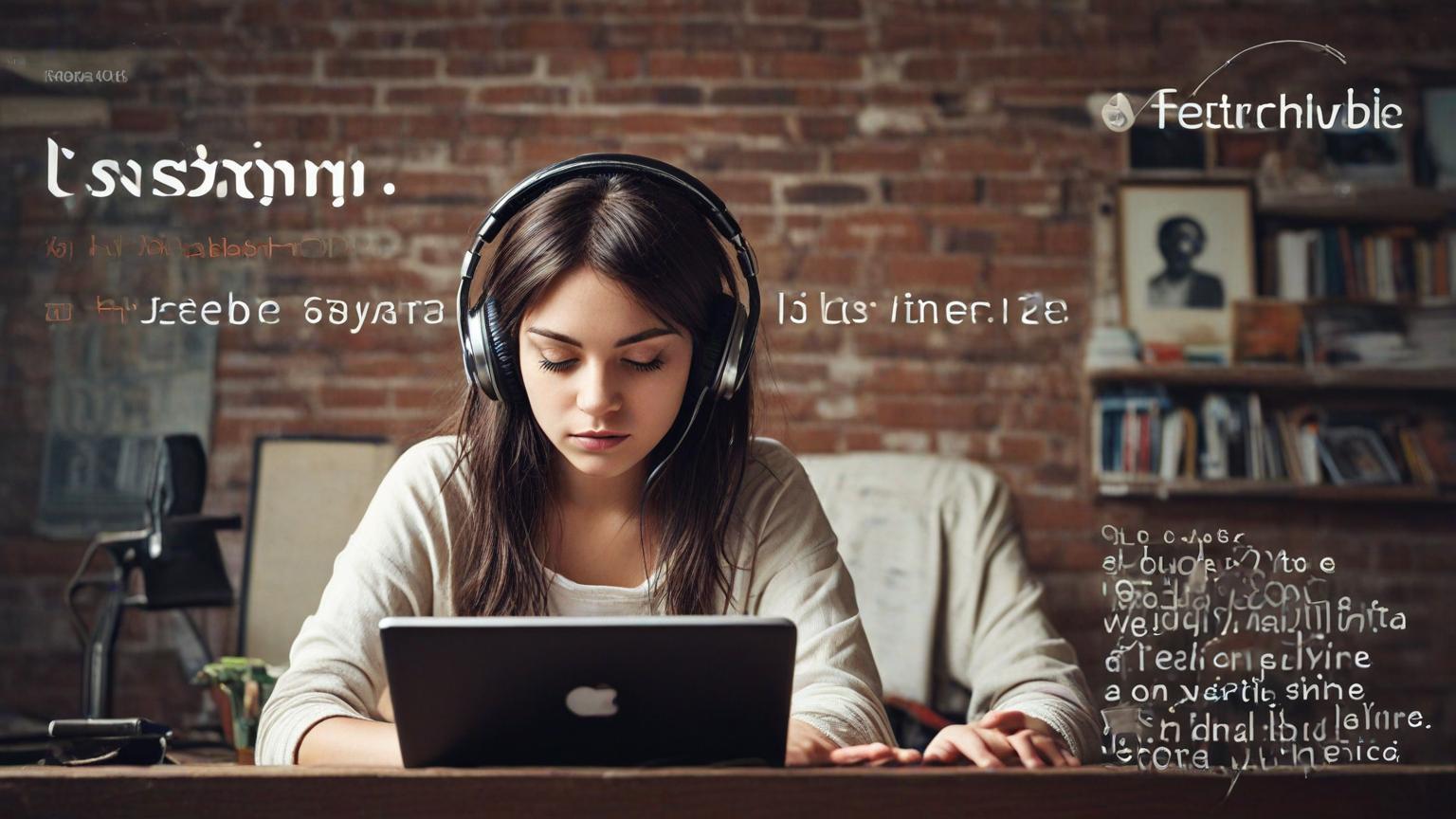In the quiet corners of musical evolution, a revolution has been simmering. Today, the lo-fi genre is experiencing a renaissance, captivating both seasoned audiophiles and curious newcomers alike. Far removed from the shimmering heights of Billboard charts, lo-fi's appeal lies in its raw authenticity—a quality more valuable than ever in an industry dominated by polished productions.
The roots of lo-fi can be traced back to the early days of indie and underground music scenes. Pioneers like Daniel Johnston and R. Stevie Moore embraced the imperfections of home recording, crafting genuine auditory experiences that conveyed a sense of immediacy and intimacy. They paved the way for countless artists who saw beauty in rough edges and atmospheric static.
Fast forward to today, lo-fi has found a new home in the digital world, where algorithms and playlists on platforms like Spotify and YouTube play a pivotal role in its resurgence. Searches for 'lo-fi beats to relax/study to' yield millions of hours of content, each stream contributing to the cultural phenomenon that is reshaping the industry's landscape.
One might wonder why, amidst streaming giants and hyper-produced tracks, lo-fi has managed to cut through the noise. The answer lies in its undeniable versatility and emotional resonance. From providing a comforting backdrop to daily activities to evolving into a primary creative outlet for artists during the constraints of the COVID-19 pandemic, lo-fi's aesthetic has catered to a universal need for calm and nostalgia.
Moreover, the lo-fi community is thriving on platforms like Reddit and Discord, forums where passion meets collaboration. Artists across the globe share their tracks, gather feedback, and in many cases, form virtual collaborations that transcend geographical boundaries.
It's within these spaces of shared interest and unyielding support that the lo-fi scene truly flourishes. The genre's grassroots ethos encourages experimentation over commercialism—a rallying call echoing the DIY spirit of its forebears.
The resurgence isn't just limited to the bedroom producers and internet sensations, though. Established musicians are beginning to incorporate lo-fi elements into their work, merging genres and further validating lo-fi's influence on contemporary music. Big names in hip-hop, R&B, and alternative scenes are not just dipping their toes but actively swimming in the lo-fi waters, exploring its potential to evoke emotion and human connection.
Despite its unassuming nature, lo-fi is quietly demanding its place within the cultural lexicon. With the continuous rise of social media humanity and the unpredictable shifts in the musical marketplace, lo-fi reminds us that authenticity and relatability are timeless commodities.
As new generations rediscover old records and more artists innovate on the lo-fi canvas, one thing remains clear: the beauty of lo-fi lies not in its simplistic facade but in its profound ability to resonate on a deeply personal level. As such, the lo-fi movement is more than just a trend—it's a testament to the enduring power of honest, heartfelt music.
The untold journey of lo-fi resurgence in modern music

